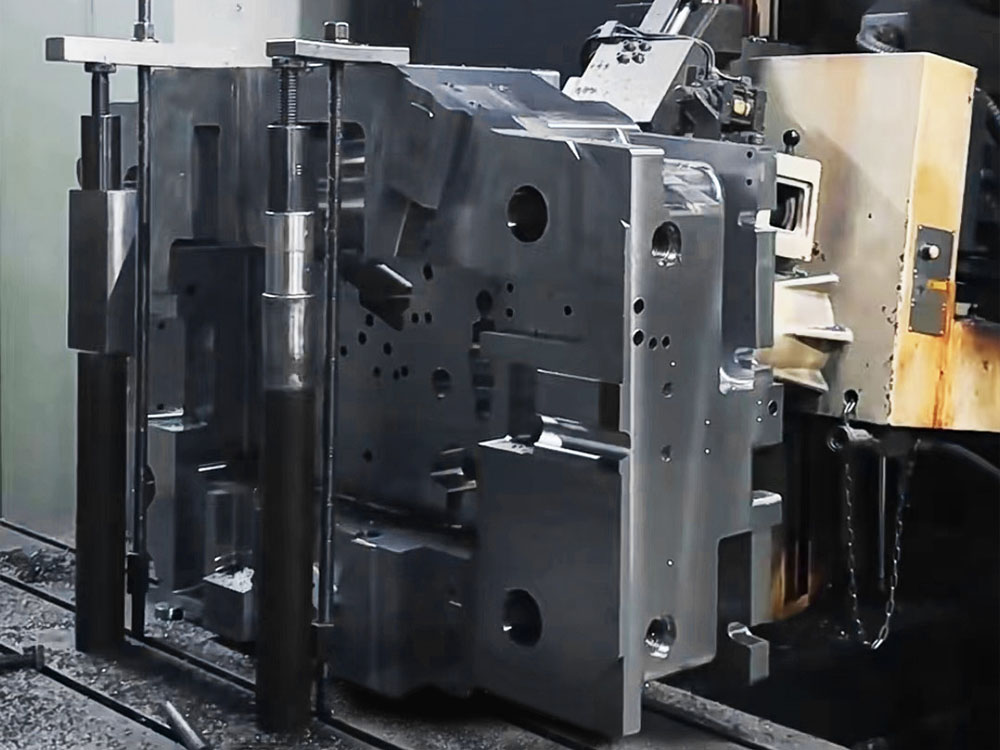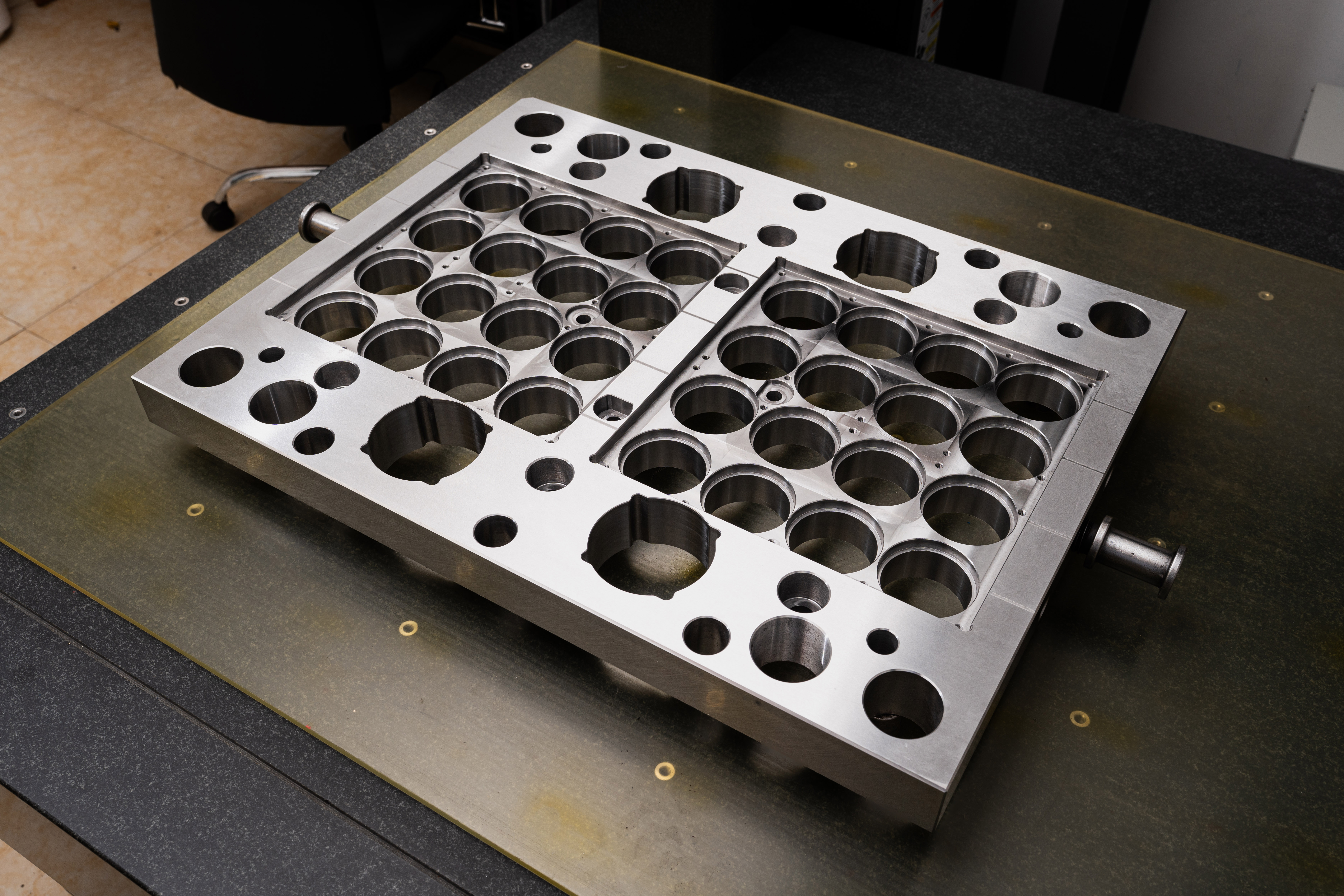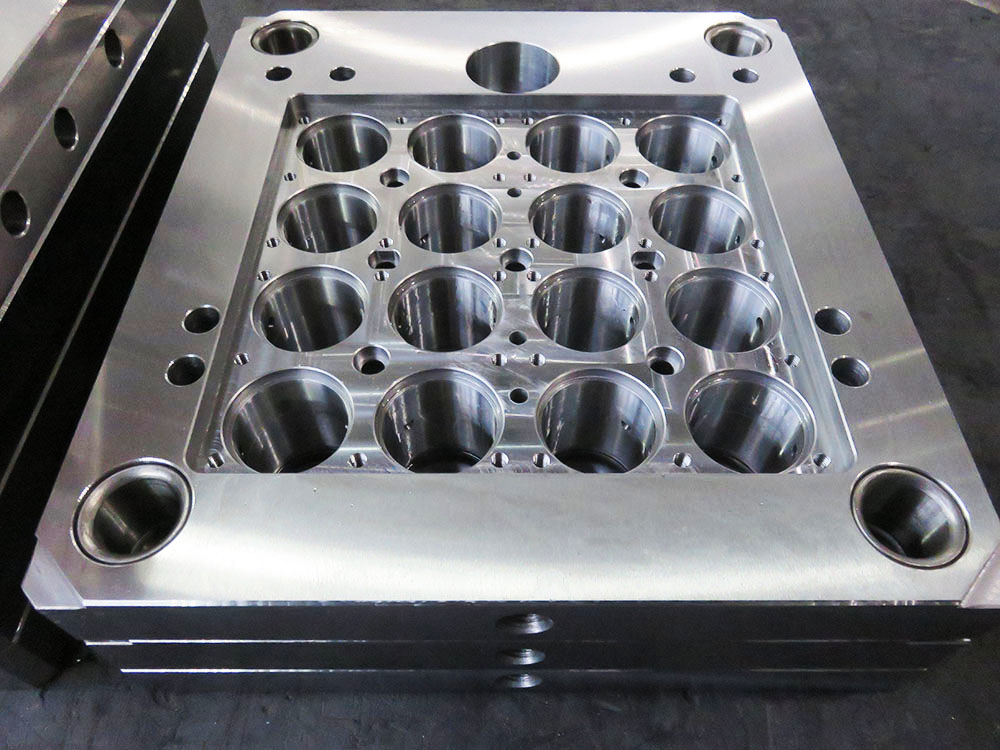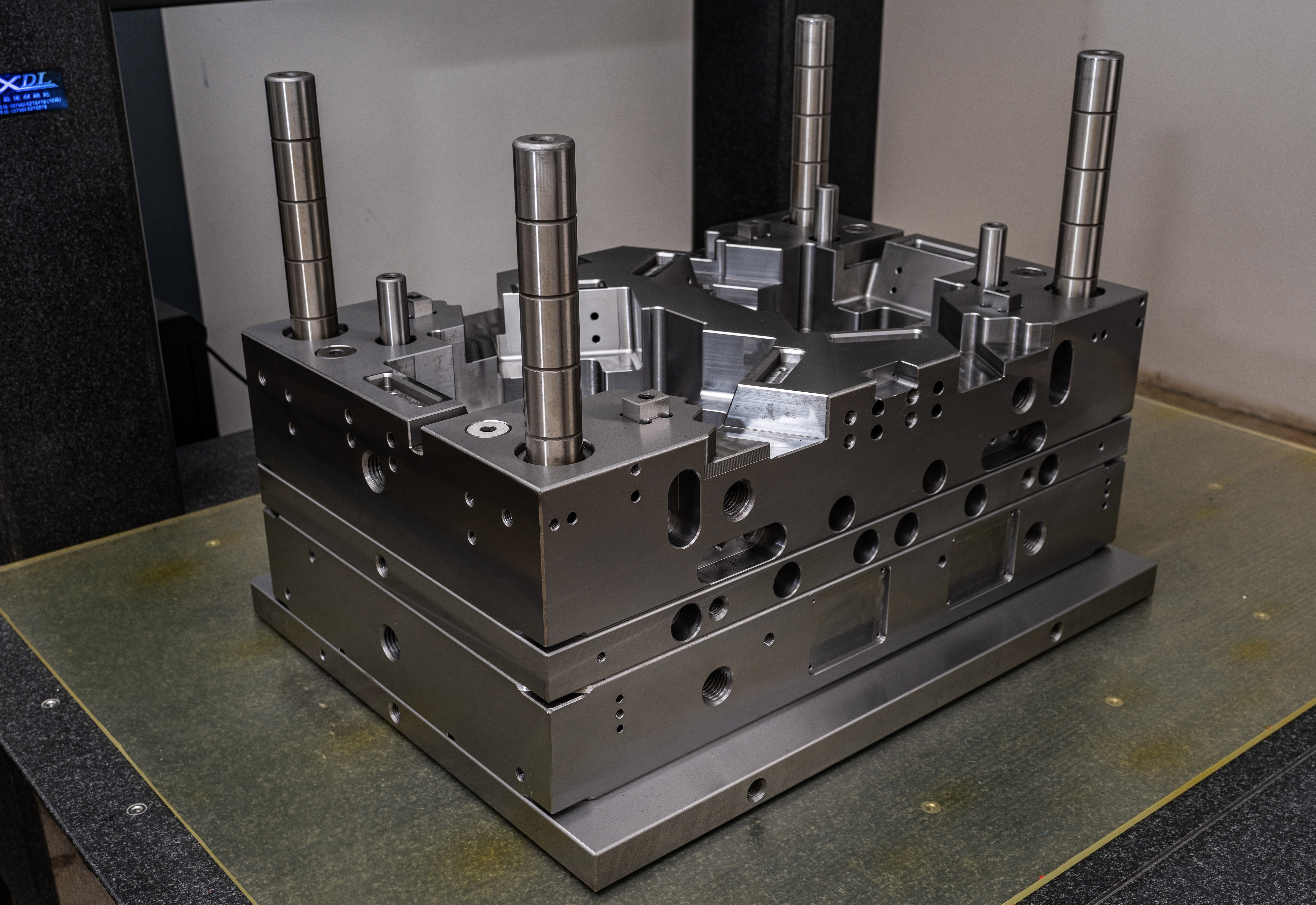The Importance of Having a Framework in the Mold Base Industry
In the mold base industry, having a framework is of utmost importance. A framework provides structure, organization, and a clear roadmap for achieving success in this specialized field. This article will discuss the significance of having a framework in the mold base industry and highlight its benefits.
Structuring the Workflow
A framework acts as a guide for structuring the workflow in the mold base industry. It delineates the various steps, processes, and tasks involved in designing, manufacturing, and assembling mold bases. This ensures that the workflow is systematic and efficient, reducing the chances of errors or delays.
A well-defined framework enables the mold base industry professionals to allocate resources effectively, streamline operations, and meet deadlines. It provides a streamlined and standardized approach to the entire process, facilitating effective communication and collaboration among team members.
Ensuring Consistency and Quality
Consistency and quality are essential factors in the mold base industry. A framework plays a crucial role in ensuring consistency in design, manufacturing, and assembly processes. It provides a set of pre-determined guidelines and standards that need to be followed at each stage of the process.
By adhering to these guidelines, professionals working in the mold base industry can maintain uniformity in their work, leading to consistent and high-quality mold bases. A framework also incorporates quality control measures, enabling continuous monitoring and improvement to ensure that the final product meets the required standards.
Enhancing Efficiency and Productivity
A well-established framework enhances efficiency and productivity in the mold base industry. By having a clear roadmap, professionals can identify the most effective and efficient methods for accomplishing their tasks. This reduces unnecessary efforts, minimizes wastage of resources, and optimizes the overall production process.
Efficiency and productivity are further enhanced through the use of standardized procedures and specialized tools or software. The framework provides the necessary guidance for utilizing these resources effectively, maximizing the output, and reducing the production time.
Facilitating Continuous Improvement
Continuous improvement is a key aspect of the mold base industry. A framework provides a platform for capturing feedback and identifying areas of improvement. By analyzing the performance metrics against the established framework, professionals can identify bottlenecks, inefficiencies, or areas where the process can be enhanced.
Based on this analysis, necessary modifications or adjustments can be made to the framework, allowing for continuous improvement. Regular evaluation and refinement of the framework ensure that it remains up-to-date and aligned with the evolving needs and advancements in the mold base industry.
Conclusion
In conclusion, having a framework is critically important in the mold base industry as it provides structure, consistency, and a roadmap for success. It allows for the structuring of workflows, ensures consistency and quality, enhances efficiency and productivity, and facilitates continuous improvement.
Professionals working in the mold base industry should recognize the importance of establishing and following a framework to achieve optimal outcomes and stay competitive in this dynamic industry.




